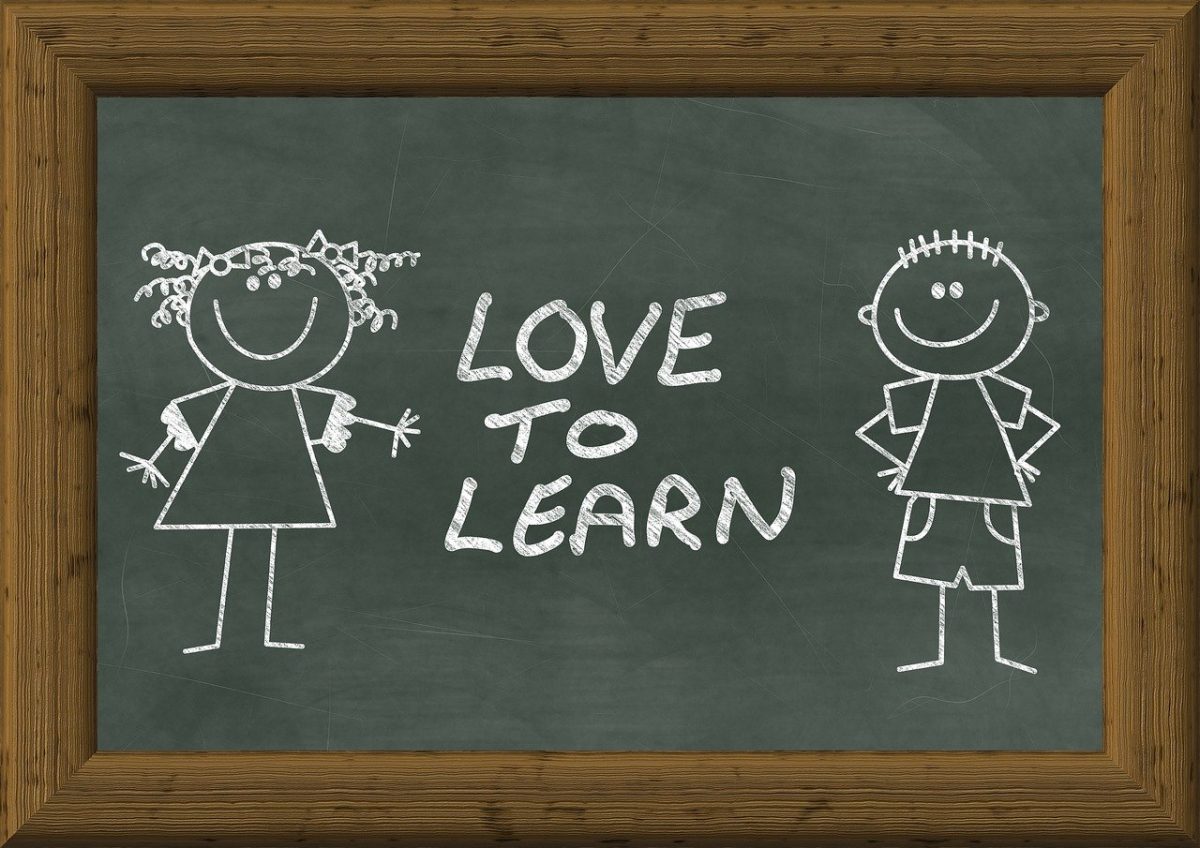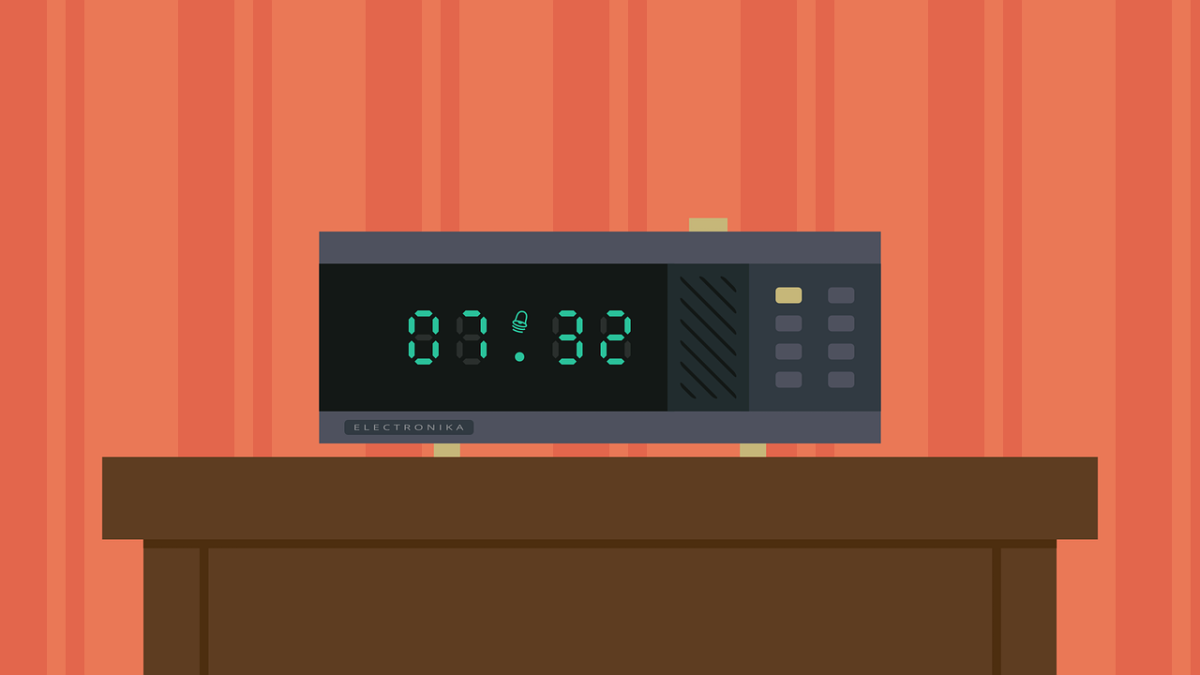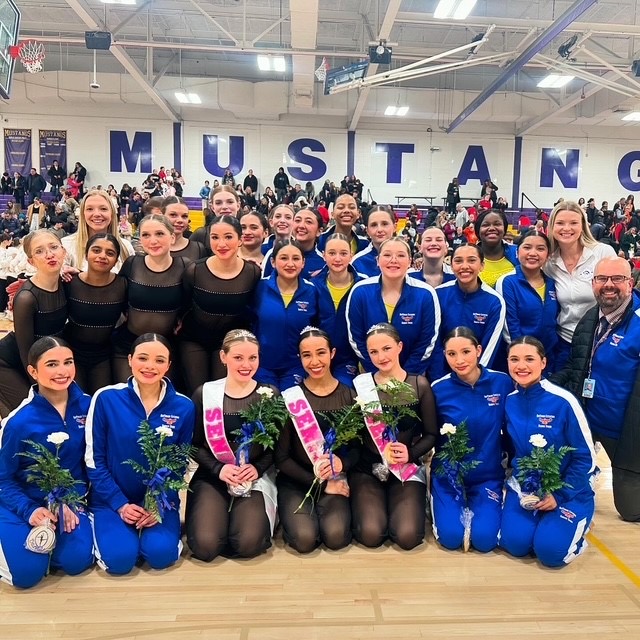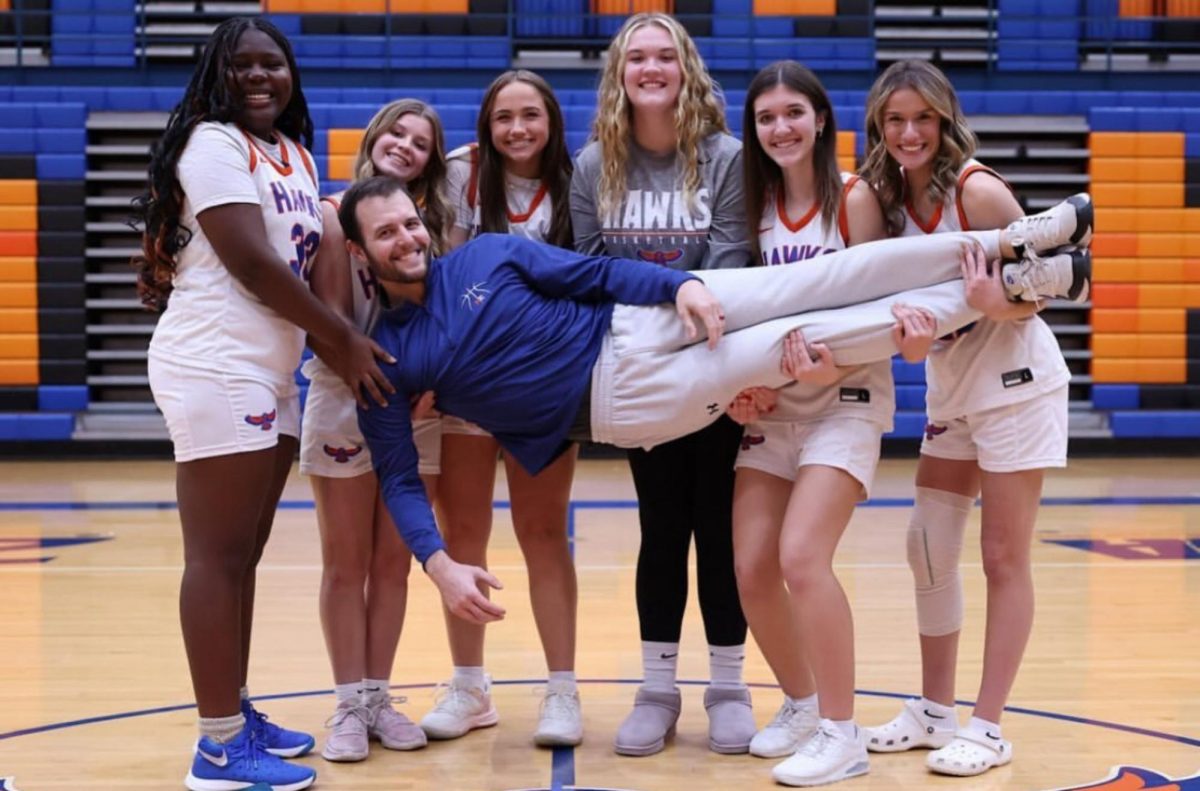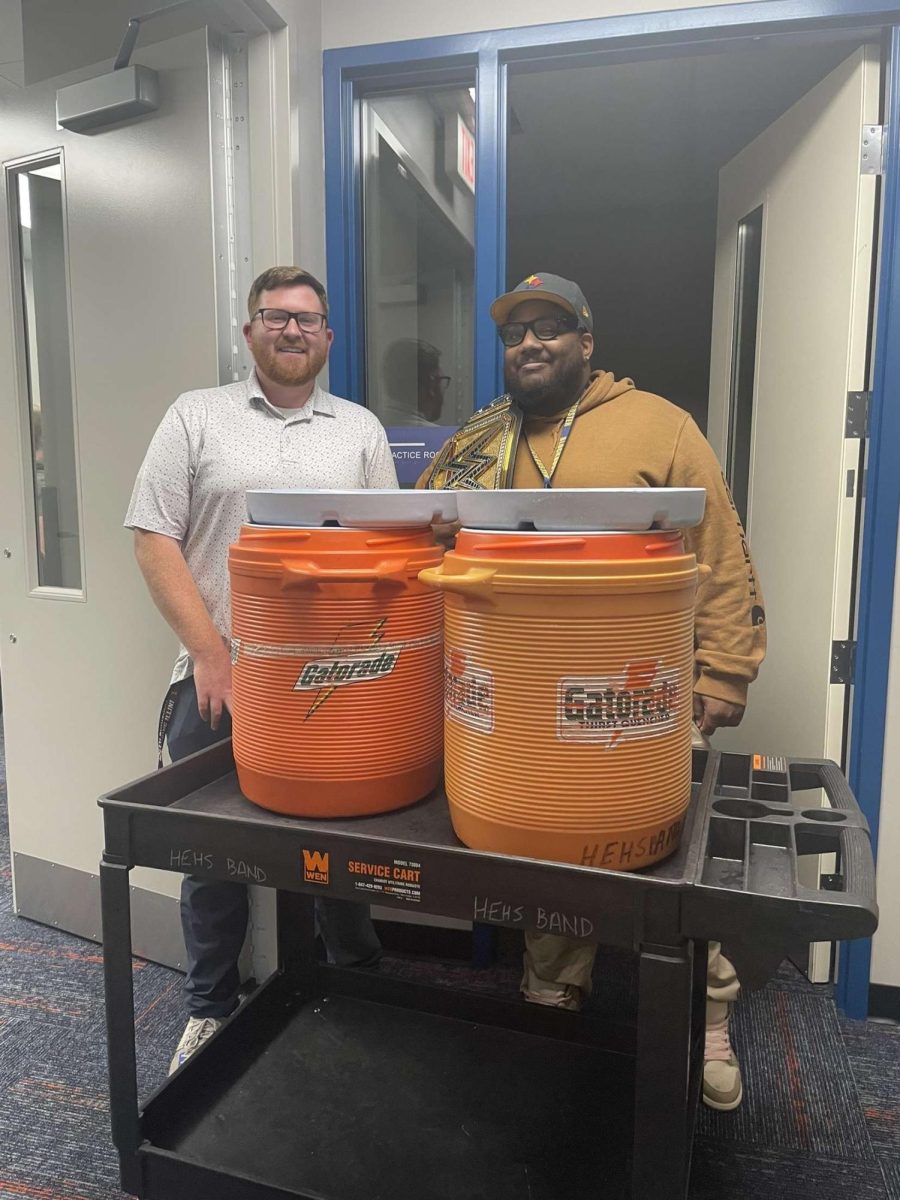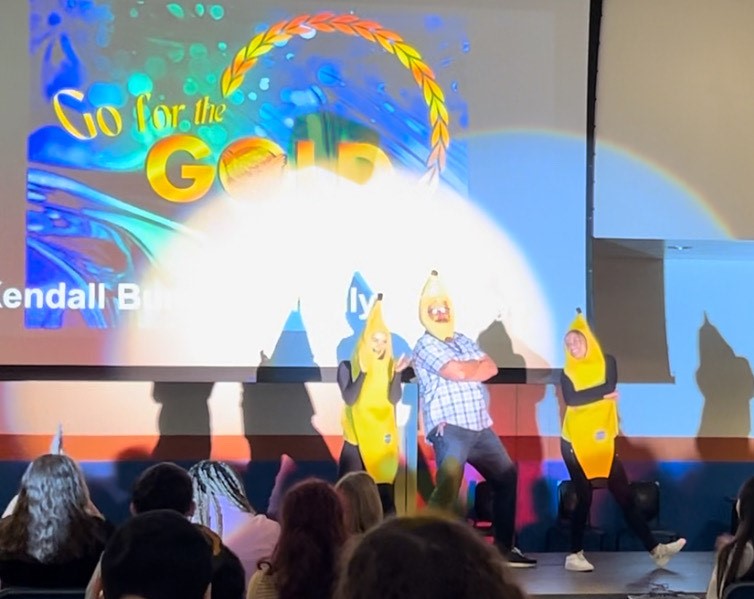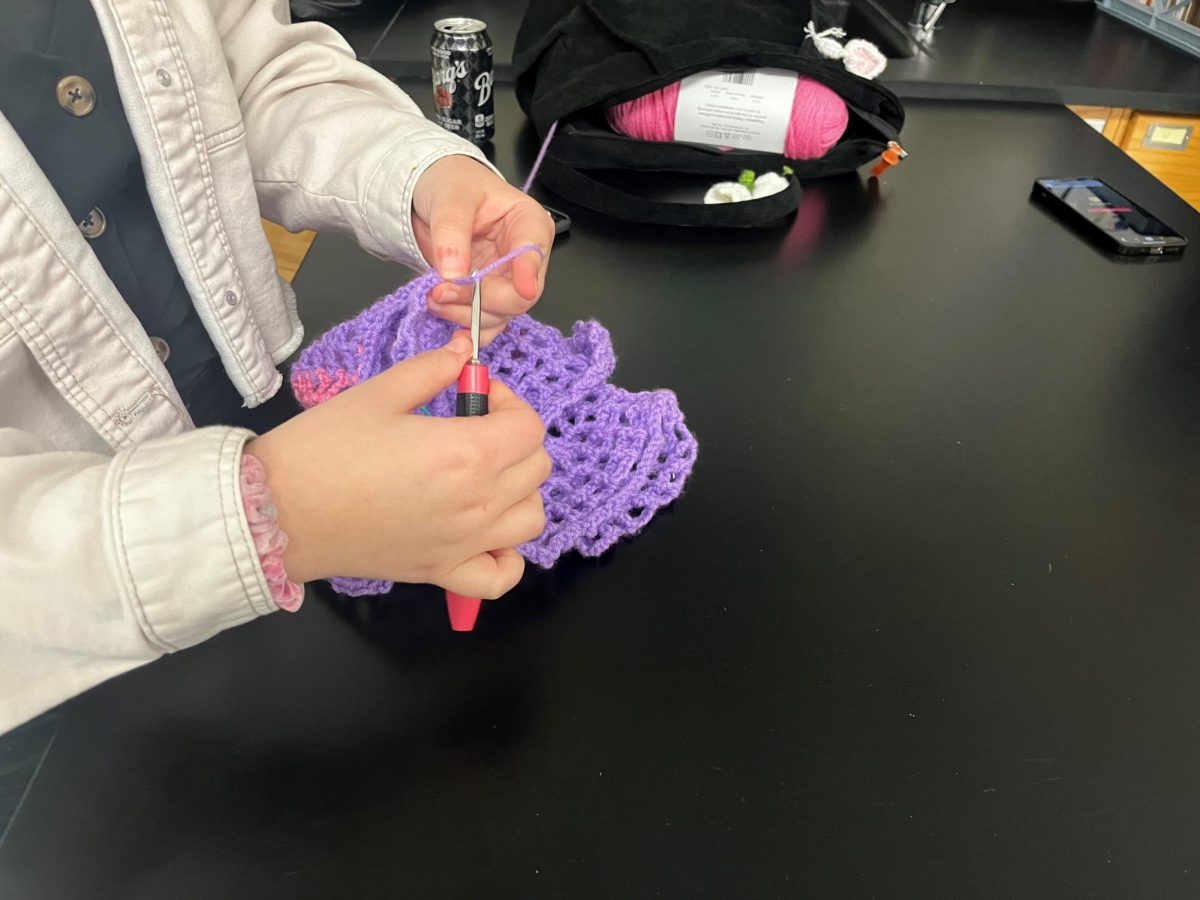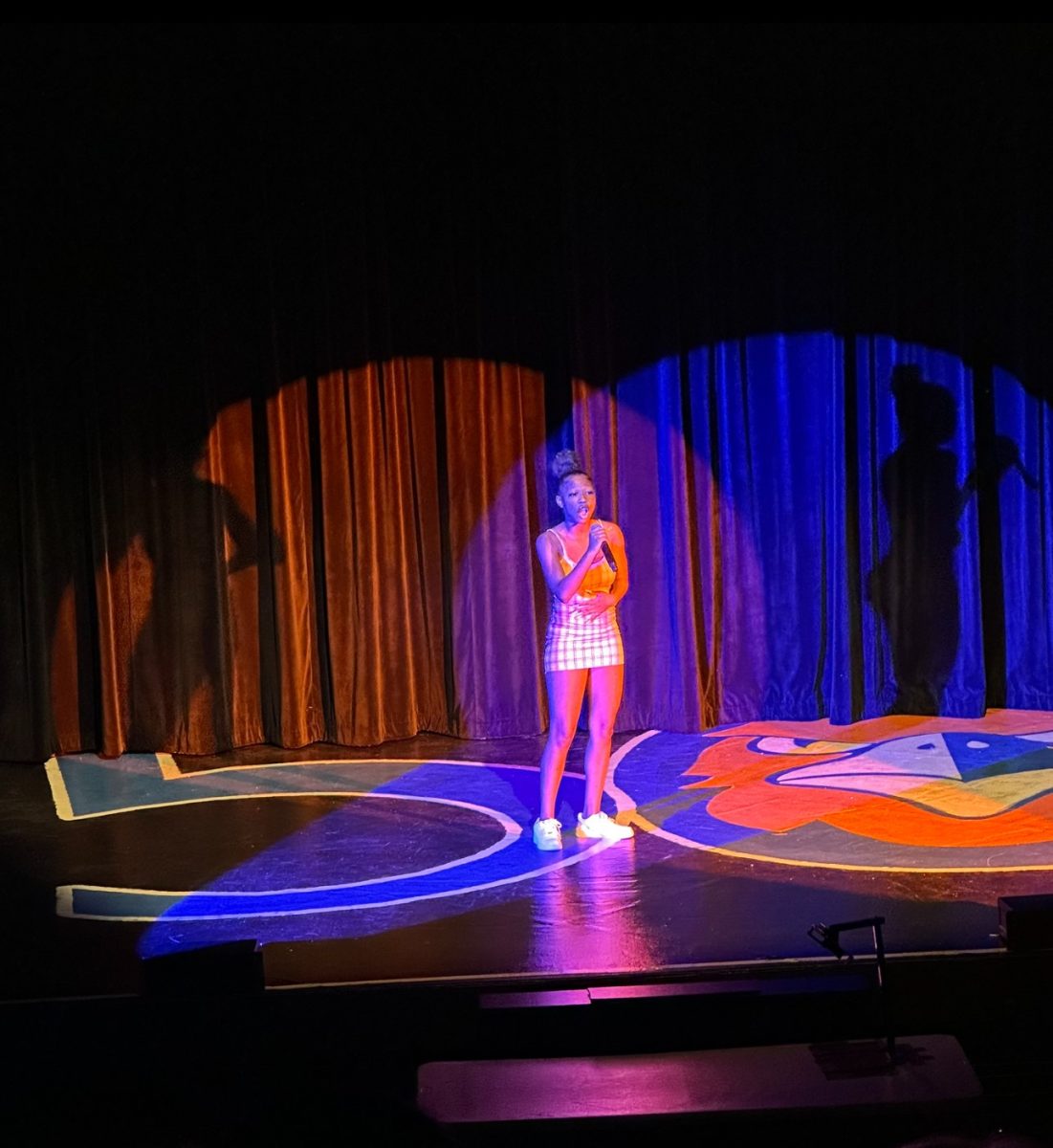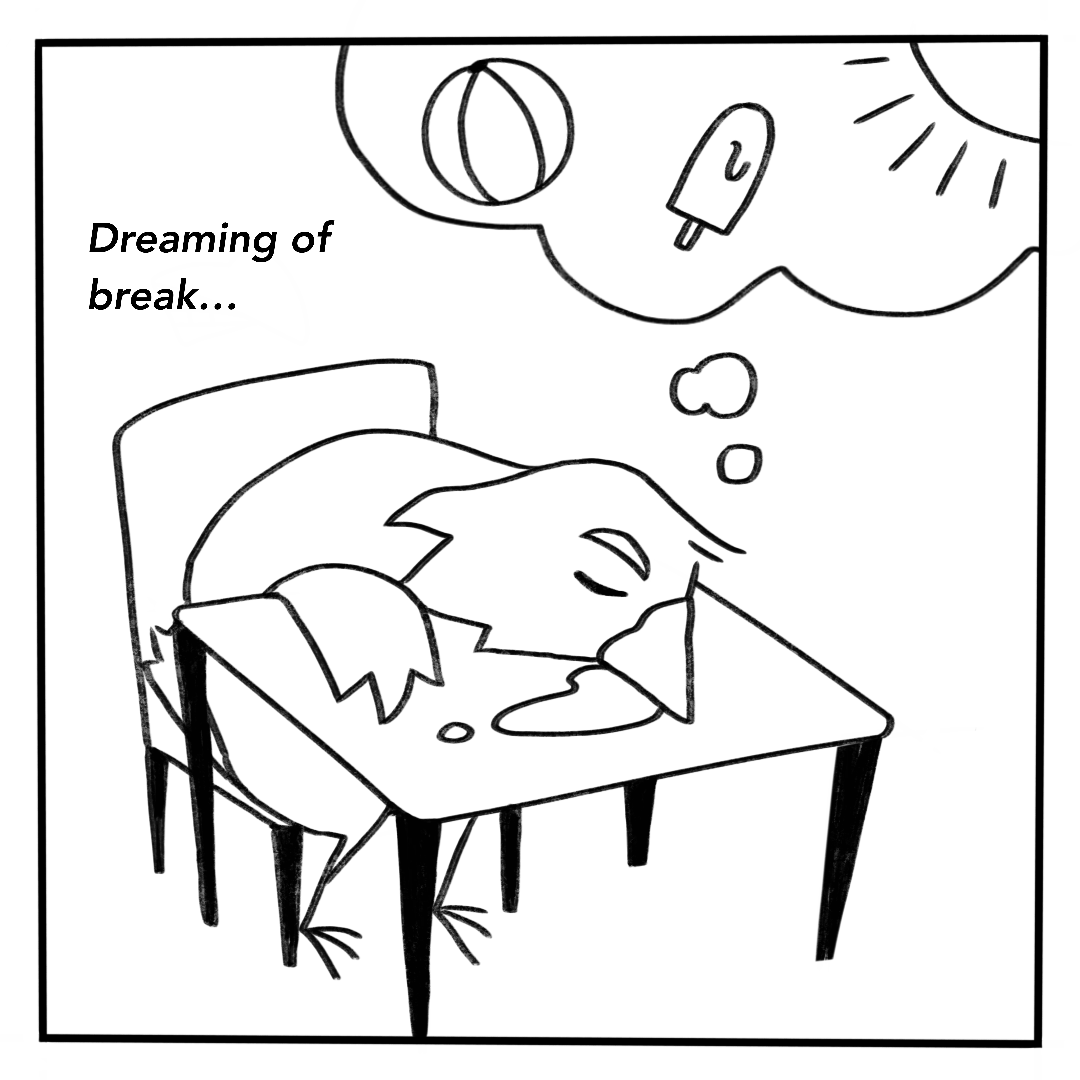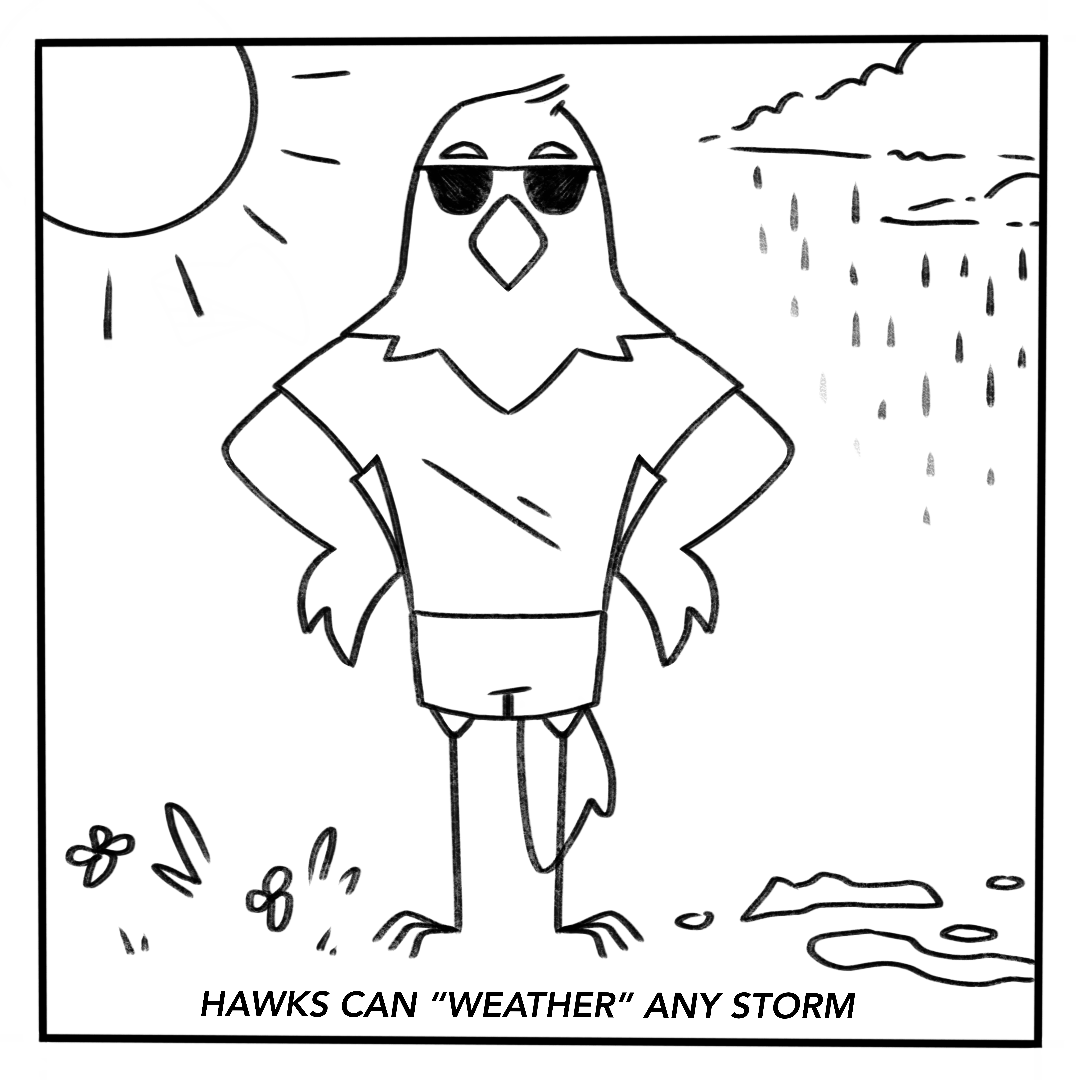SOAR takes flight, 2.0 style
October 5, 2014
Entering its third year, SOAR still faces constant criticism from students regarding its effectiveness. However, SOAR’s success has led to its rebranding as SOAR 2.0 this year, with its focus shifted from behavior to academics.
Assistant Principal Joshua Schumacher has high hopes for the new program. They already have a line of activities planned for it, following the same format of the original SOAR.
“[The] number of referrals has gone down and we have the data to show that. I feel like behavior in general has gotten better,” said Schumacher. “Our attendance has gotten better. A lot of positive trends have happened in the last three years.”
Other than statistics, Schumacher has noticed a change in school spirit. He acknowledges that SOAR is not completely responsible for this, and gives due credit to Blue Crew and the athletic department.
“This year probably has one of the highest levels of school spirit and involvement that I have seen,” he said. Schumacher has worked at HEHS for 13 years.
English teacher and former HEHS student Ryan Brown agrees. “I think it’s changed the climate of the building. I think the building itself just feels more like I envisioned it to be when I started teaching.”
However, Brown does not see unanimous support for SOAR.
“I think that SOAR can be very effective if everyone is all in. I don’t necessarily know if we have everybody,” he said. “Overall, because I have seen it make a difference, I would like to say the students have accepted it.”
Just as Brown said, several students still have doubts over SOAR. Cameron J. Dimacali (‘16) feels that “bad people are not going to turn good just for pieces of paper with a barcode on it.”
Another student, Joel Parado (‘16), “has not seen any visible changes to the school through SOAR, even with the emphasis on it”. Shaan Patel (‘16) sees SOAR as a positive force, yet he agrees with Parado that there have been no visible changes.
On the other hand, many members of the student body have accepted SOAR. Abby Mohann (‘15) believes that the repetitiveness of SOAR helps let SOAR’s message sink in. Another student, Alisha Patel (‘17) has noticed that her peers have “started to own their actions and apologize for things that they did wrong, instead of blaming other people.” Fellow student Roshni Tantuwaya (‘17) believes that “people have started accepting differences.”
Brown agrees with this. “I’ve always thought that the building is very diverse. We are the most diverse school in the district, and I think that there’s a level of acceptance in this building that you don’t find in other schools and I think that SOAR has played a great part in that.”
“I think that SOAR is helping prepare our students for the real world,” Brown continued.
SOAR’s impact has not been limited to students; as a member of a SOAR subcommittee, Brown was greatly affected by one of the lessons he helped create.
“The lesson that really stands out was about the maintenance staff. I didn’t know, that they did so much and it’s actually helped me to learn more about the building and the things that are going on around here,” said Brown.
With SOAR 2.0 comes more focus on the “realize your potential” component of SOAR and greater emphasis on global and academic things. However, lessons on behavior will still be constantly reinforced and freshmen will have special SOAR lessons on behavior during their Freshman Foundations classes.
One of Schumacher’s goals is to make sure that everyone has “good academic habits”. For example, he wants everyone “to realize what resources [they] have and then utilize [them].”
Schumacher hopes to see continued success from SOAR this year. After all, as he says “it’s fun when everyone’s in and everyone’s excited and we’re all supporting each other.”


